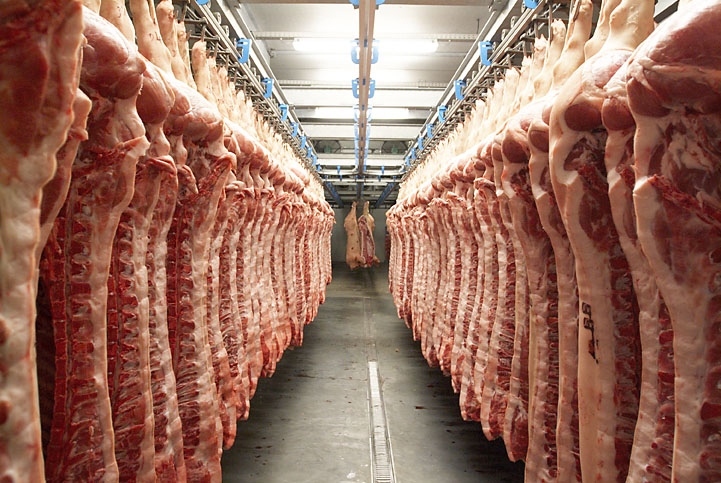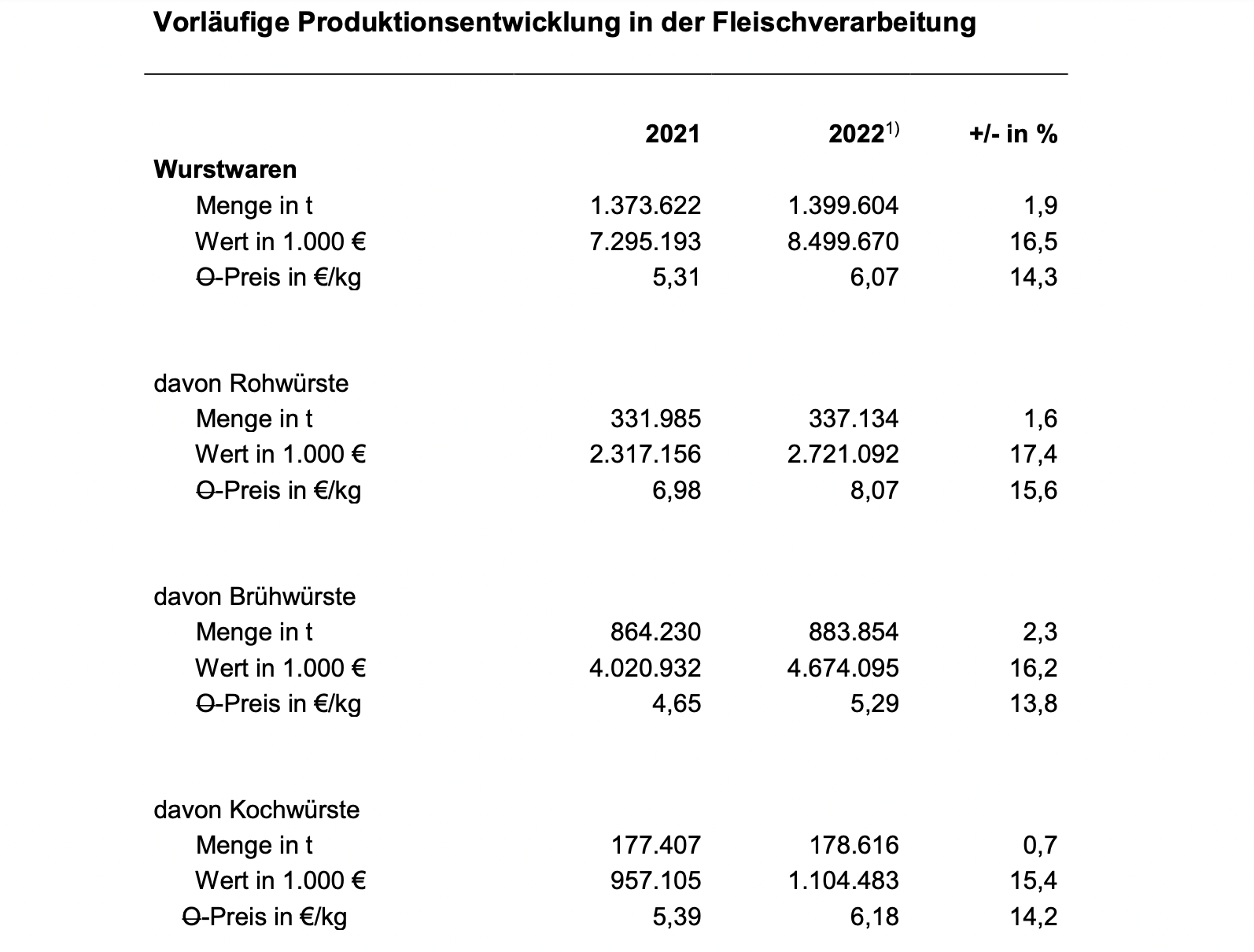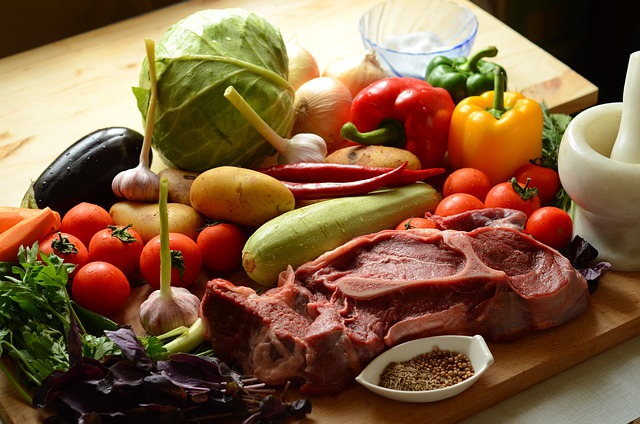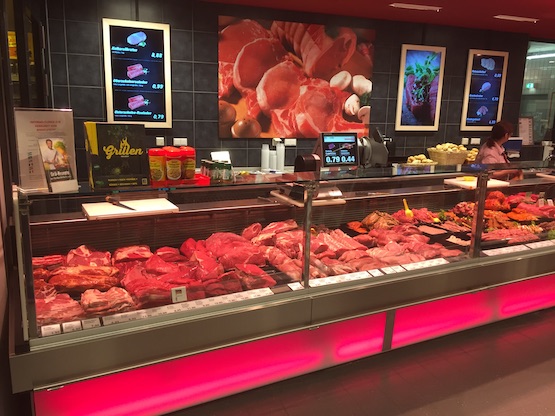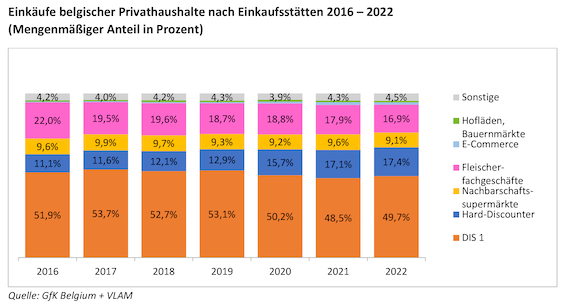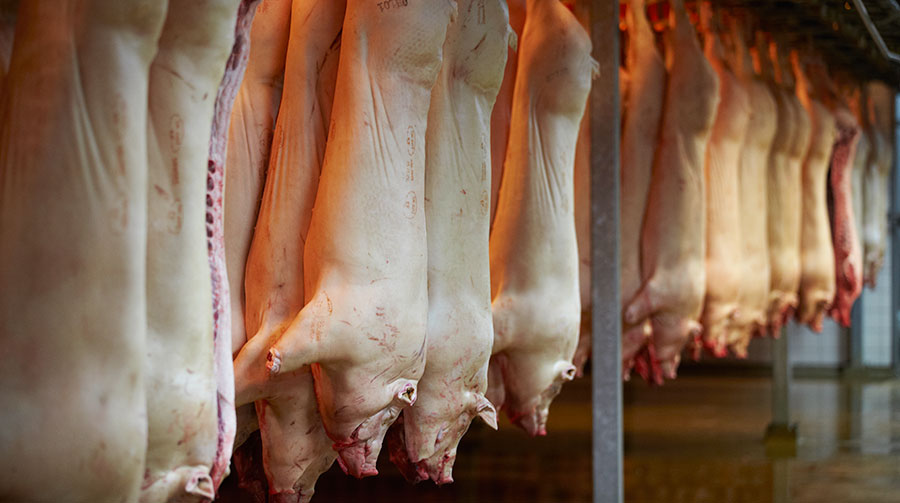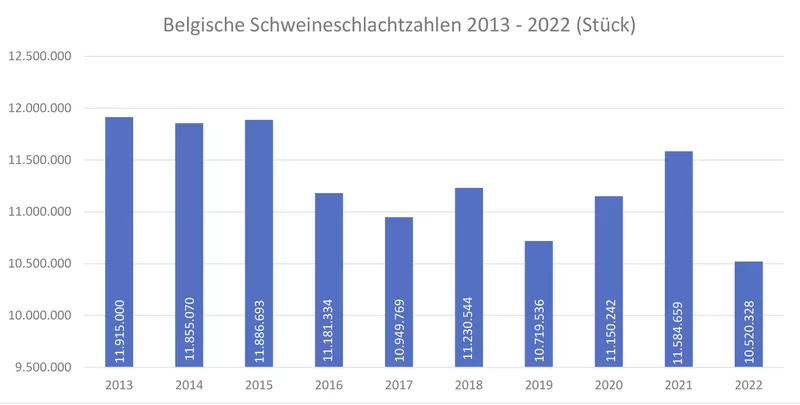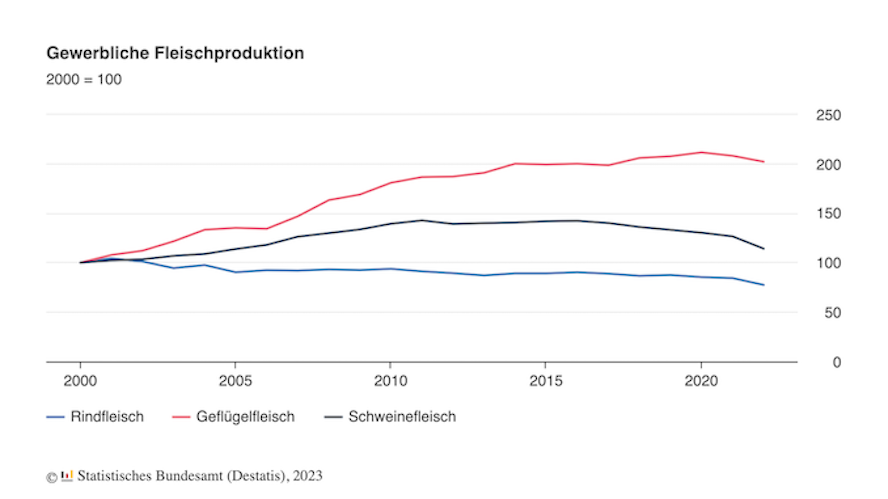German company applies for first EFSA certification

The Heidelberg biotech company The Cultivated B has announced that it has entered the preliminary proceedings of the European Food Safety Authority (EFSA) with a cell-cultured sausage product. EFSA certification as a novel food is considered a key requirement for large-scale commercial production. Jens Tuider, Chief Strategy Officer at ProVeg International, speaks of a milestone...

